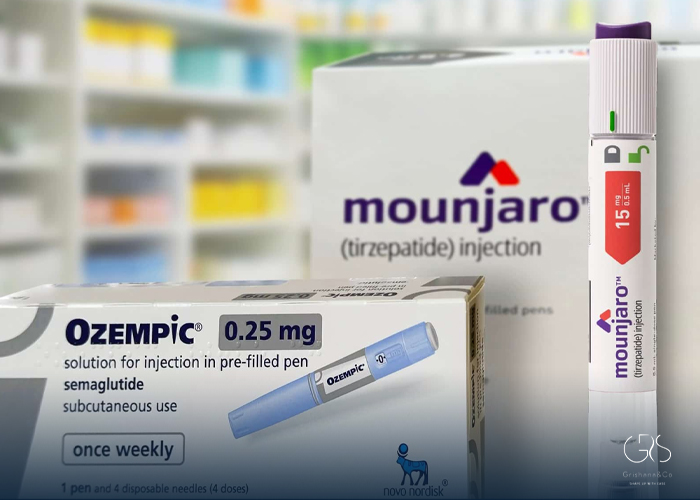Type 2 diabetes presents a complex challenge, often requiring a multi-faceted approach to achieve optimal blood sugar control. Traditionally, insulin has been a cornerstone of treatment for many individuals with type 2 diabetes. However, the emergence of new medications like Mounjaro has sparked discussions about the relative efficacy and benefits compared to insulin. In this article, we delve into a comparative analysis of Mounjaro and insulin, shedding light on their respective roles in type 2 diabetes management.
Mechanism of Action
Insulin
Insulin is a hormone that plays a central role in regulating blood sugar levels by facilitating the uptake of glucose into cells for energy production. For individuals with type 2 diabetes , insulin therapy aims to replace or supplement the body’s natural insulin production, thus helping to control blood sugar levels.

Mounjaro
Mounjaro is a novel medication that targets both glucose-dependent insulinotropic polypeptide (GIP) and glucagon-like peptide-1 (GLP-1) receptors. By activating these pathways, Mounjaro stimulates insulin secretion and regulates blood sugar levels, offering a unique mechanism of action distinct from traditional insulin therapy.

Efficacy and Benefits
Insulin
Insulin therapy has long been recognized for its efficacy in reducing blood sugar levels and preventing complications associated with uncontrolled diabetes. It is a proven and reliable treatment option for many individuals with type 2 diabetes. However, insulin therapy is known to be associated with weight gain, which can be a concern for some patients.
Mounjaro
Clinical trials have demonstrated that Mounjaro leads to significant reductions in HbA1c levels, showcasing its effectiveness in improving long-term blood sugar control [source](insert link to research study). Additionally, Mounjaro has shown promise in aiding weight management, with some patients experiencing weight loss during treatment . These potential benefits position Mounjaro as a valuable addition to the armamentarium of treatments for type 2 diabetes.
Safety Profile
For both treatments, it is crucial for healthcare providers and patients to be mindful of potential risks and to work closely together to minimize any adverse effects.
The Future of Type 2 Diabetes Management
The comparison between Mounjaro and insulin underscores the evolving landscape of type 2 diabetes treatment. While insulin remains a cornerstone of therapy, the emergence of innovative medications like Mounjaro offers a fresh perspective on addressing the complexities of type 2 diabetes.
As ongoing research continues to expand our understanding of both Mounjaro and insulin, it is essential for healthcare providers to weigh the unique benefits and considerations of each treatment when tailoring individualized management plans for patients with type 2 diabetes.
Conclusion:
Both Mounjaro and insulin play valuable roles in the management of type 2 diabetes. The decision of which treatment to pursue should be based on a thorough assessment of the patient’s needs, preferences, and response to therapy. Ultimately, the availability of multiple treatment options empowers healthcare providers and patients to collaborate in finding the most effective approach for each individual’s unique circumstances.
Sources
- American Diabetes Association, Understanding Insulin Resistance
- WebMD, Managing Type 2 Diabetes With Mounjaro










